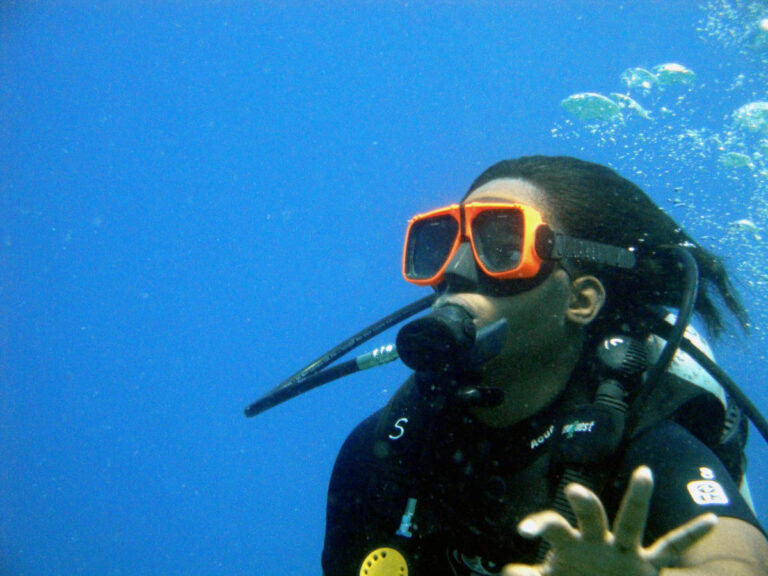Is Virtual Reality (VR), Beautiful Aquariums and Marine Parks and publicity of ocean pollution reducing the number of people wanting to Scuba Dive?
Yes, technological advancements, VR experiences, aquariums, marine parks, and publicity about ocean pollution are factors that reduce the number of people wanting to scuba dive. Here is how each aspect affects the scuba diving industry:
Technological Advancements and VR Experiences
Virtual Reality (VR) Experiences: VR technology can simulate underwater environments, offering users a glimpse of what scuba diving feels like without the need to physically dive. This can appeal to individuals who are curious about diving but are hesitant due to the costs, training, or physical demands involved in scuba diving.
Impact: While VR experiences can serve as an introduction to the underwater world and potentially attract future divers, they can also satisfy the curiosity of some, reducing their incentive to pursue actual scuba diving.
Aquariums and Marine Parks
Close Encounters in Controlled Environments: Aquariums and marine parks provide a safe and controlled environment where visitors can see and sometimes interact with marine life.
Impact: These attractions can divert interest away from scuba diving, as they offer an easier and more accessible way to experience marine life. However, they can also serve as a gateway, inspiring some visitors to explore scuba diving to experience marine life in its natural habitat.
Publicity of Ocean Pollution
Environmental Concerns: Pollution, coral bleaching, and other environmental issues receive significant media coverage, raising awareness about the deteriorating state of the oceans.
Impact: This publicity about ocean pollution can discourage people from scuba diving due to concerns about the health of marine ecosystems and the quality of diving experiences. Potential divers might be disheartened by reports of damaged reefs and polluted waters, leading them to choose alternative recreational activities.
Overall Impact on Scuba Diving
While these factors pose challenges, they also present opportunities for the scuba diving industry to adapt and innovate:
Education and Advocacy: Dive centers and organizations can play a role in educating the public about marine conservation and the importance of protecting underwater environments. Promoting eco-friendly diving practices and participating in conservation efforts can attract environmentally conscious divers.
Unique and Adventurous Experiences: Highlighting the unique and adventurous nature of scuba diving can set it apart from other activities. Scuba diving offers an unparalleled sense of adventure, allowing people to explore underwater worlds and experience life in a way that few others ever will. Emphasizing the thrill of discovering coral reefs, swimming alongside diverse marine life, and the excitement of underwater exploration can attract those seeking extraordinary experiences.
Integration of Technology: Embracing technology, such as underwater drones or video in training, with blog cast, can enhance the diving experience and attract tech-savvy individuals.
By addressing these challenges and emphasizing the irreplaceable adventure and unique experiences that scuba diving offers, the industry can continue to attract new enthusiasts. Scuba diving not only provides an opportunity to witness the beauty of the underwater world but also fosters a sense of responsibility towards ocean conservation. Highlighting the adventure, exclusivity, and educational aspects of scuba diving can inspire more people to dive in and discover the extraordinary life beneath the waves.







